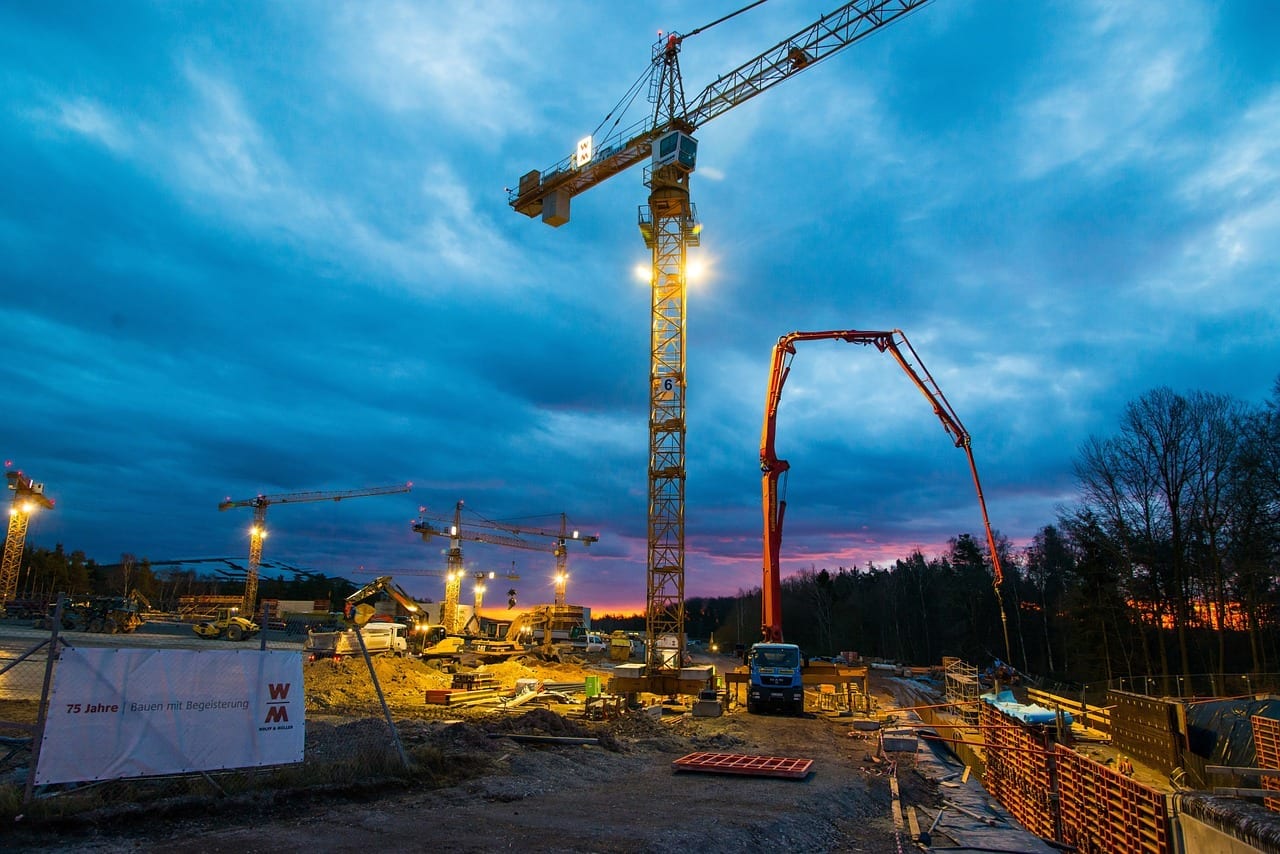
Know the Chain Forced Labor in the Construction Sector
Construction is the second highest-risk sector for forced labor, following domestic work. While the construction sector is growing rapidly, currently employing 7% of the global workforce, research shows that construction companies’ policies and processes for addressing risks of forced labor do not keep the same pace.
Migrant workers in the construction sector are vulnerable to the risk of debt bondage, especially through being charged extortionate recruitment fees in order to obtain employment, some of which amount to the value of five months’ wages. In addition, failure to pay workers’ wages poses a huge risk to workers. With numerous subcontractors and labor agencies used on one project, accountability for wage payment can become blurred, leaving workers at risk of exploitation. Companies must also consider the forced labor risks associated with materials used in the sector, including bricks, cement, and timber.
In response to the high risk of forced labor in construction, KnowTheChain has published guidance for investors which provides insight into the systemic forced labor risks in the sector. It sets out what industry and companies are doing so far to address the risks of forced labor in construction supply chains and makes recommendations as to what steps investors can take to drive company action in the sector.
Company disclosure shows a lack of action taken to address forced labor, with less than half of 49 construction companies surveyed in Qatar and UAE disclosing a public commitment to human rights. Data collated also reveals a lack of effective grievance mechanisms available to workers in construction supply chains, and very poor efforts to prevent and address recruitment fees. Only two out of 38 construction companies surveyed in Lebanon and Jordan disclose a policy that prohibits recruitment fees being charged to workers.
With this poor level of company disclosure in mind, investors are urged to ask construction companies in their portfolios to conduct human rights due diligence on their supply chains. This includes asking companies how they ensure workers can report concerns and violations; how they seek to prevent exploitation of migrant workers through recruitment agencies, and how companies provide remedy to workers.
You can read the full investor snapshot here.
